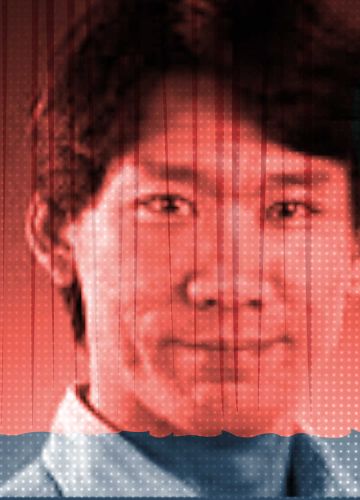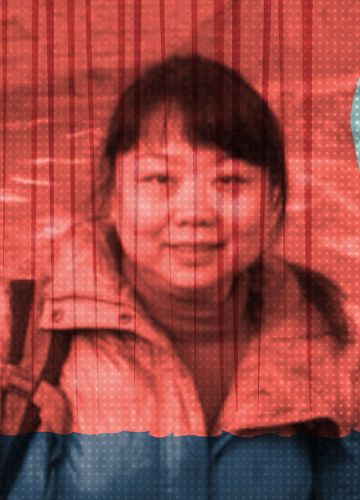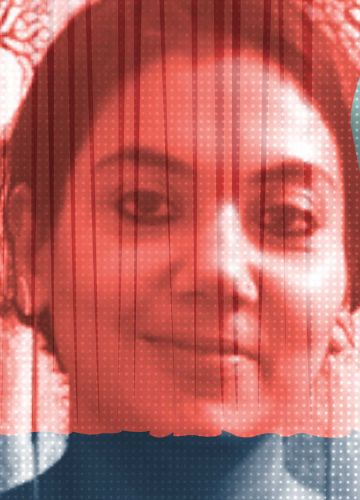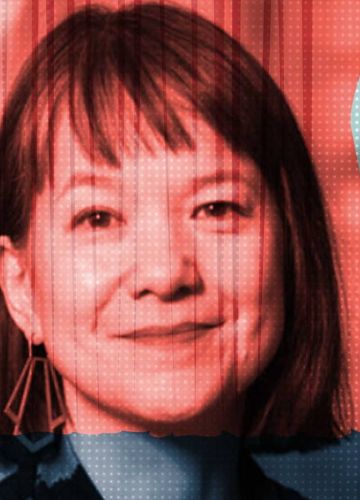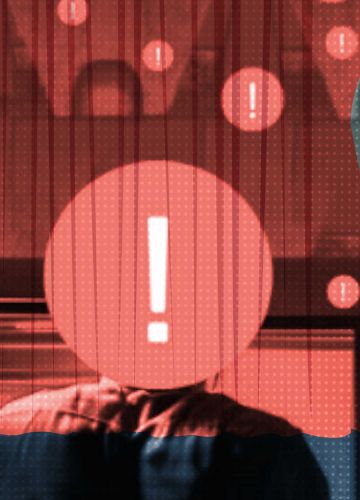From Mao to MAGA

Alex Colville

Tania Branigan
The Cultural Revolution is barely mentioned in modern China, yet it has never been more relevant. While scholars have long pointed to the excesses of Maoism as a parallel for Xi Jinping’s authoritarian leadership, they have also spotted echoes in the chaotic populist forces Donald Trump has conjured up within American democracy. As early as 2017, China scholar Geremie Barmé tied the two men together for their desire to take a wrecking ball to an old order, “throwing the world into confusion.” The first 100 days of Trump’s second term have only made this similarity starker.
For insights into the Cultural Revolution and how its ripples are felt today, we sat down with Tania Branigan, a leader writer at The Guardian and author of Red Memory: Living, Remembering and Forgetting China’s Cultural Revolution, a gripping account of that tumultuous decade that in 2023 was winner of McGill University’s Cundill History Prize. In a recent article, Branigan, who previously served as The Guardian’s China correspondent for seven years, drew her own parallels between MAGA and the Cultural Revolution.
Alex Colville: How did your idea come about for a book exploring the Cultural Revolution as remembered in modern China?
Tania Branigan: It just became increasingly apparent to me that all the things that I was looking at in modern day China linked back to that time. The key moment for me was going to lunch with Bill Bishop, who writes the excellent Sinocism newsletter. He started telling me about this trip he had made with his wife to try and find the body of his wife’s father, who was a victim of the Cultural Revolution. When they got to this village where he’d been held by Red Guards, the villagers were nice about it and remembered her father, but they were completely nonplussed by the idea that one might go looking for his body. They asked how they were supposed to know where it was, because there were so many of them. There was something about this story that I found hard to shake, showing how immediate and commonplace the Cultural Revolution still was.
As a journalist you do a story, then move on. But although I was writing about different things, be it economics, culture, politics, I kept feeling that actually the key to all these things really lay in what happened in the 60s.
AC: Can you elaborate?
TB: Economically, the country’s turn towards reform and opening up was both necessary and possible because of the Cultural Revolution, because it so thoroughly discredited Maoism. Allowing individual entrepreneurialism was quite a pragmatic response to what to do with these millions of young people flooding back into cities [after being sent down to the countryside and forced to stay there during the Cultural Revolution]. They didn’t have the education to compete with the newer students coming out.
If you want to understand the arts in China, and this extraordinary explosion of creativity that occurred [starting in the 1980s] it came from that destruction, and that vacuum, that hunger just for any kind of artistic or cultural expression beyond the dreaded 800 million people watching just eight model operas.
Politically you could certainly argue for Xi Jinping’s tight control being a response to the Cultural Revolution. If you look back to his relatively early years in officialdom, around the time of the Tiananmen Square massacre in 1989 he spoke about the Cultural Revolution as “big democracy” (大民主), and said it was a source of “major chaos” (大动乱). So given his experiences, I don’t think it’s a stretch to see that need for tight control as being intimately linked to his experiences of the Cultural Revolution.

AC: Do you think there’s anything in particular we in the West often fail to understand about the Cultural Revolution?
TB: There’s still this idea that it was just young people running wild. What that fails to grasp is that they were able to do that because they’d had certain ideas inculcated by Mao. It wasn’t just his personality cult, it was also about creating paranoia, about Mao’s attempt to safeguard and strengthen his power and his legacy. Young people were only able to act really with his instigation, and for as long as he permitted them to do that. The reason why the Cultural Revolution had this stultifying, stagnated second half [1968-1976] was only because Mao eventually decided he’d had enough.
I think the other thing is that while the Cultural Revolution could only happen in that time and place, I think ultimately, it’s about what human nature is capable of under certain circumstances and with certain encouragement. Which is why it matters to all of us.
AC: Yes, we’ve been seeing a lot of people in the media comparing this political moment in the US to the Cultural Revolution. I don’t know what you think about that.
TB: I think the comparison of Trump and Mao is a really powerful one. It’s obviously a point that people made even back in 2016, but it’s a point that has become more and more resonant as we see Trump move into a second term. He’s more revolutionary in his tactics, very much in the same way Mao moved into a stage of more disruptive and extreme power with the Cultural Revolution, no longer constrained by people around him in the way that he was earlier.
While there are a lot of strongmen around the world, most of them have a fairly rigid form of discipline and control. What’s really Mao-esque about Trump is that he relishes disruption and chaos, and he sees opportunities in it in a way that Mao did. Trump’s able to tap into the public id and use emotion in politics, he has that ability to channel people’s emotions against institutions for his own political interests.
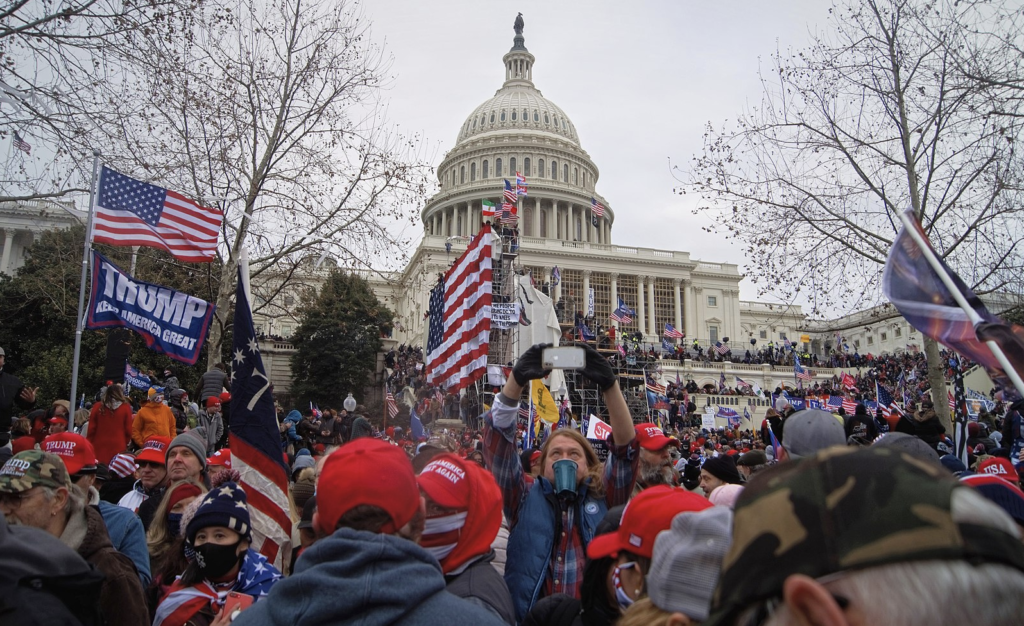
A venomous mindset was, in a sense, key to the Cultural Revolution, it was all about the weaponization of division and hatred. When I was writing the book one thing that struck me was that Mao had to say, “Who are our enemies? Who are our friends?” And reading Adam Serwer [Staff Writer at The Atlantic, who argues that demonizing parts of American society is a calculated power play by Trump], for example, talking about Trump and the fact that cruelty is the purpose, it struck me that the parallel for Trump is it’s always them and us, in or out, and he draws those lines so strictly. By drawing those lines, he strengthens his power. You can pick a whole host more comparisons, like Trump installing himself as chair of the Kennedy Center, attacks on culture through libraries and so forth.
What’s really Mao-esque about Trump is that he relishes
disruption and chaos, and he sees opportunities
in it in a way that Mao did.
It’s obviously not a repetition, nobody’s suggesting that two million people are going to be killed in the US. It’s a fundamentally different context, in a system where you have checks and balances. Trump was elected, Trump can be removed. But I suppose the lesson that we should take from it is that many people around Mao did not fully realize what he was planning until it was too late.
AC: I have concerns about comparing this moment to the Cultural Revolution because I don’t think you can disentangle that term from public displays of violence, and the ensuing generational trauma you unpack in your book. There are many different historical moments that have had similar strains of tribalism, nationalism and populism to it. Doesn’t it make people more scared if you point to the Cultural Revolution specifically?
TB: I sometimes felt in China that the Cultural Revolution was the Chinese equivalent of Godwin’s law, that all the arguments on the internet [in the West] end up with somebody being compared to Hitler. So, you know, the Cultural Revolution can be very easily invoked on relatively flimsy grounds. So I completely understand why people are concerned or feel the comparisons are inappropriate. But I have to say quite a few intellectuals in China have now made the comparison themselves. I think it’s Trump’s ruthlessness, that disruptive chaotic quality [he has]. That the turmoil is not a byproduct of Trump’s ambition, but is actually intrinsic to it and something he draws power from.
Again, it’s absolutely not about saying this is a repeat of the Cultural Revolution. It’s about how the Cultural Revolution can help us better understand the present moment. [This is possible] even in a system with elections, entrenched checks and balances. This is a really astonishing and disturbing political moment, with possibilities that I don’t think we fully understand yet. There is something about the parallels to the Cultural Revolution that are very striking. It’s interesting to me that so many people now have drawn this comparison, including scholars of the Cultural Revolution such as Michel Bonnin, Geremie Barmé drew it quite early on [in 2017].
AC: So how do you think the Cultural Revolution can help us understand the present moment?
TB: By seeing the way that emotion is weaponized. By understanding that, particularly for Republicans, if you fail to challenge now, there comes a point where you cannot do so. I suspect quite a few Republicans have already concluded that that point has been reached. I would hope that more people on the right are alert to what we’re seeing now in terms of the administration’s conception of executive power, and the scope that it’s been given by the Supreme Court. It’s less about understanding as it is about responding.
AC: I wonder if the Cultural Revolution has a place as a parallel for China today. I lived there all the way through the zero-Covid policy (2020-2022), and there were certain moments in that final year where I thought this political system which gave birth to the Cultural Revolution can still be taken to extremes in certain areas, especially when power is concentrated in one man and people are scared for themselves, that same paranoia you mentioned earlier. Obviously, this is not a level of violence whereby two million people ended up being killed. But at the same time, there was a sense in 2022 these policies were becoming as dangerous as the virus itself. There is also collective amnesia around the zero-Covid policy and the damage it wrought.
TB: It’s interesting how many people in China made that comparison. And I think that’s partly because Covid was the ultimate expression that the Party has reasserted very tight control over the last ten years. There was this sense that the Party had partially retreated, from large areas of cultural life or private life or business life. Certainly [during Covid], people spoke to me about being quizzed by neighborhood committees about where they’d been, who they’d been with, all these things that, to young Chinese people would have been unthinkable under normal circumstances. At that point there was this mindset that we [the Party] can now determine what you do. The fact that you had people going into people’s homes and dragging them out, for some people clearly did evoke strong memories of the Cultural Revolution.
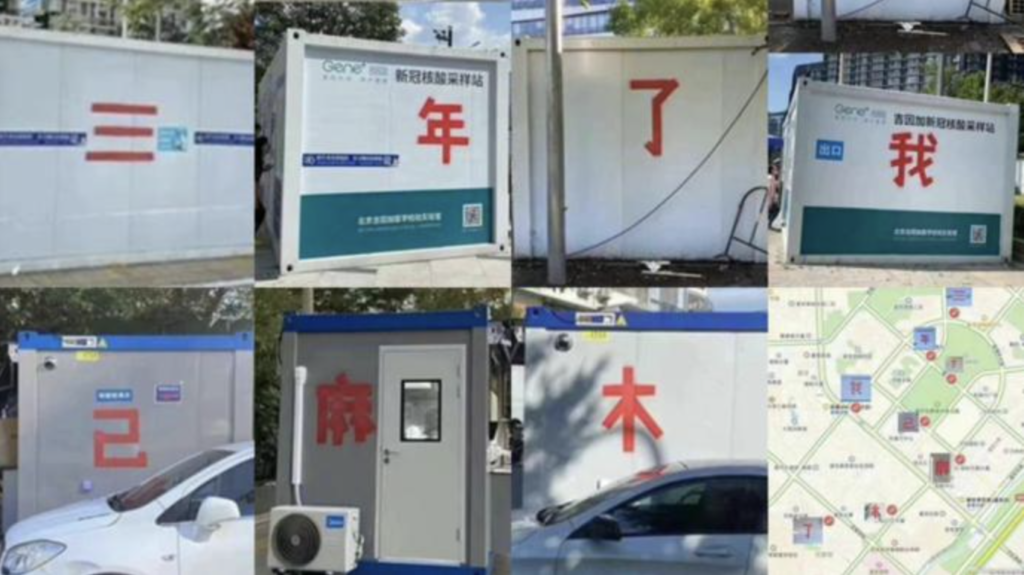
But with regard to the amnesia around zero-COVID, I have to say one thing the pandemic here [in the UK] has shown me is that people don’t like remembering bad things, and this accounts for a lot of the silence around the Cultural Revolution. We’ve just had the fifth anniversary of the pandemic in the UK. It had this huge impact on people’s lives, but it’s barely mentioned.
AC: Yes, usually the media publishes articles to commemorate anniversaries of major events, but I haven’t seen many for Covid.
TB: Yeah, one thing that I did find when writing the book is that I thought it was going to be a book about political control of memory. It obviously is about that, but what surprised me was how important personal trauma was in silencing the Cultural Revolution.
AC: So I think we could generalize this last question: what happens if a society tries to move on from a form of collective trauma, but does not try to remember it.
TB: I think it can’t understand itself, and I think it’s much more vulnerable. Both to repetition, not an exact repetition because China today is clearly a very, very different nation from the China of 1966. As we’ve just discussed, you can’t see the Cultural Revolution transplanted outside China, or in time either. But I think the other thing is that people can’t understand the profound scars it leaves behind. And that was for me why it was really important to speak to psychotherapists [whose private conversations with individuals has probed the inherited trauma that often stems from events that happened in the Cultural Revolution]. But also just talking to people for the book, the level of the trauma was still evident. There are small things on a personal level, such as Wang Xilin [an interviewee in Branigan’s book who was forced to take part in multiple show trials where he was beaten so hard it left him deaf] talking about how when a friend calls out his name on the street he jumps. Because it takes him back to that experience of waiting at a struggle session for his name to be called as the next victim.
But I think on a much deeper, more profound level, the way people are unable to trust. You’ve had a generation who were taught that you could not trust at all. It’s not that you couldn’t trust strangers, you can’t trust those around you. Again, it was a psychotherapist who said to me, you know, that afterwards you might talk about it to a stranger on the train, but you’d never talk about it to someone in your workplace, you might not even speak about it within your family. So I think that fracturing of the bonds of trust is something so profound that still hasn’t been addressed. The fear of speaking out. The idea that speech itself, being open with people, is fundamentally dangerous. One survivor of the Cultural Revolution told Arthur Kleinman he tried to be bland like rice in a meal, “taking on the flavor of its surroundings while giving off no flavor of its own,” that was the safest thing to be. One of the psychotherapists said to me they increasingly admired people just for surviving.

Alex Colville

